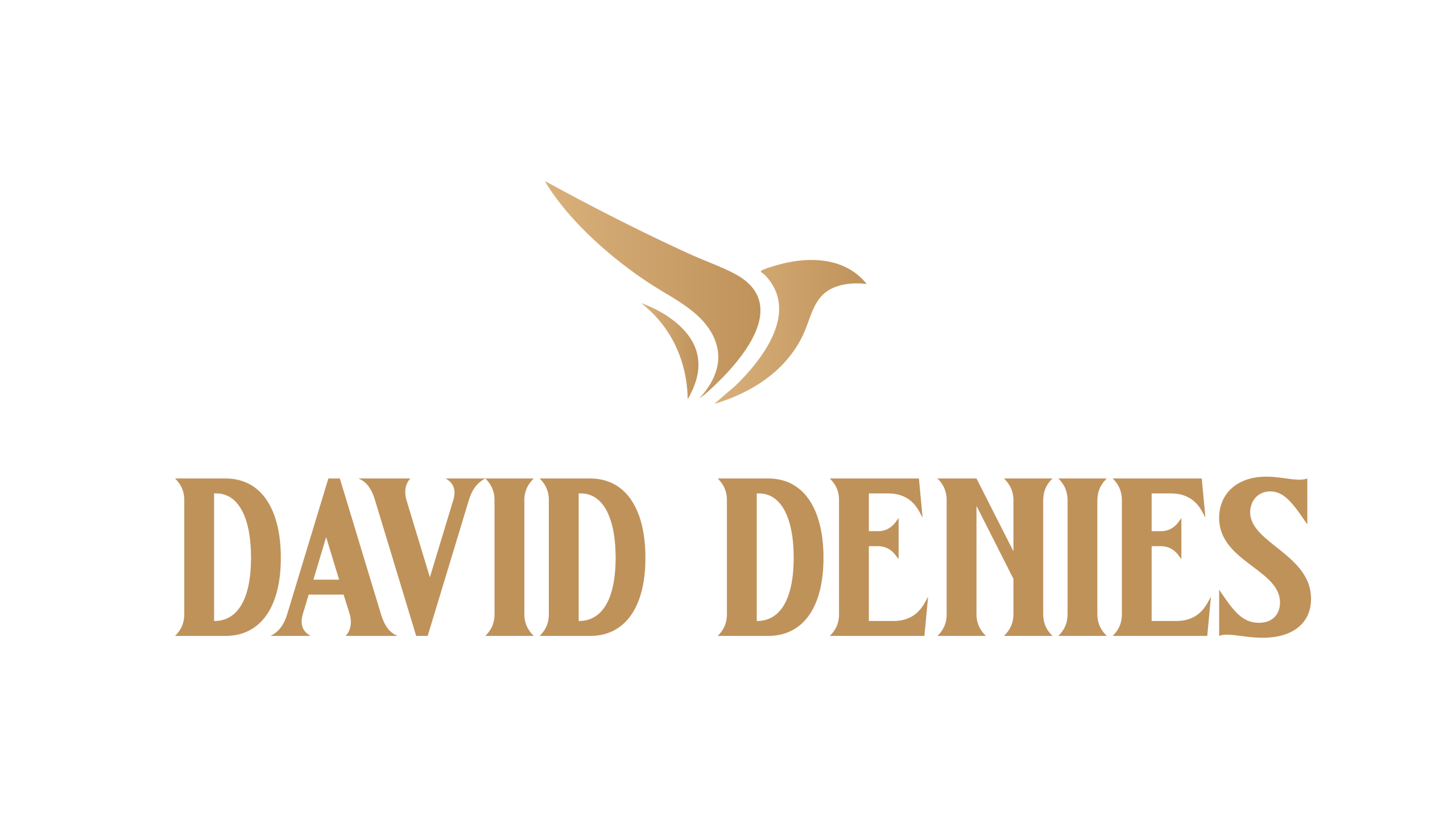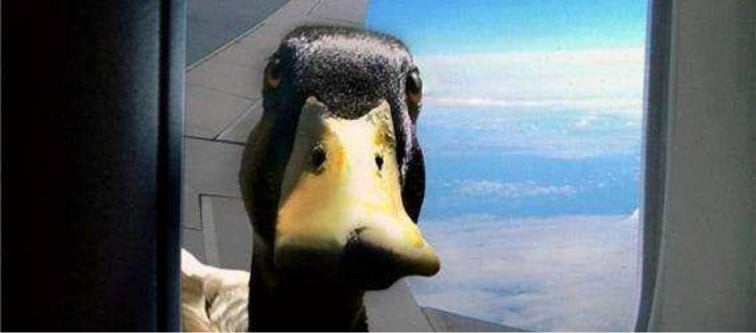John Madson wrote, “Hunting is among the last genuine adventures of modern man,” and he was very correct. In hunting and perhaps fishing, those of us immersed in the digital age can disappear into the outdoors and challenge ourselves against wild creatures, if only for a short time.
Duck calling is one of those challenges. Nothing is more rewarding than seeing a flight of wild ducks, flying totally free across the sky, able to land anywhere they wish, and by making a series of sounds on a wooden (or these days, acrylic) call, convincing them to land in a spot of your choosing. Good duck calling, and working ducks with a duck call makes shooting almost anticlimactic.
Here’s a couple tips, based largely on what I hear people do wrong all season long. First, call mostly at “callable ducks” Ducks looking for a place to loaf or feed are lower than transient or migrating ducks. Their body language will tell you if they are interested in what you are selling. If you call at them and heads turn or a couple birds skip a wingbeat or glide briefly, then call some more, and see if you can get them started in working over you.
Second, call sparingly. Just because you can blow a 30 note “highball” into your duck call, doesn’t mean you should use it. My pick up truck will go 110 miles per hour, but I don’t drive it that fast. Happy ducks often make 5 descending quacks, or 7 descending quacks. That is usually enough. Learn to blow the 5 quacks really, really well, and you can call ducks anywhere. If you blast passing ducks with highball calls, you are just conditioning those ducks to ignore calls. Not helpful.
Third, learn to make soft quacks and feed chatter on your mallard call, it doesn’t have to sound like rocks in a tumbler, just a duck-like “tica-tica-tica” sound is enough. as birds get closer use those sounds, but avoid calling at all when the ducks are directly overhead. Don’t give them a reason to see you or your shiny thermos bottle.
Finally, practice. Practice at home or in your car. Record yourself and compare what you hear to the sounds you hear ducks make. Search online and listen to sound files.
Nothing is as satisfying as watching ducks that you have called yourself….back peddling over your decoys-but put some time in and learn how to do a few things well, and you’ll be more successful.
Open this page at Calling Ducks.com, and listen to the short sound file offered by Buck Gardner. “Three Blind Mice” is all you need to remember. Brilliant advice!
Visit CallingDucks.com




